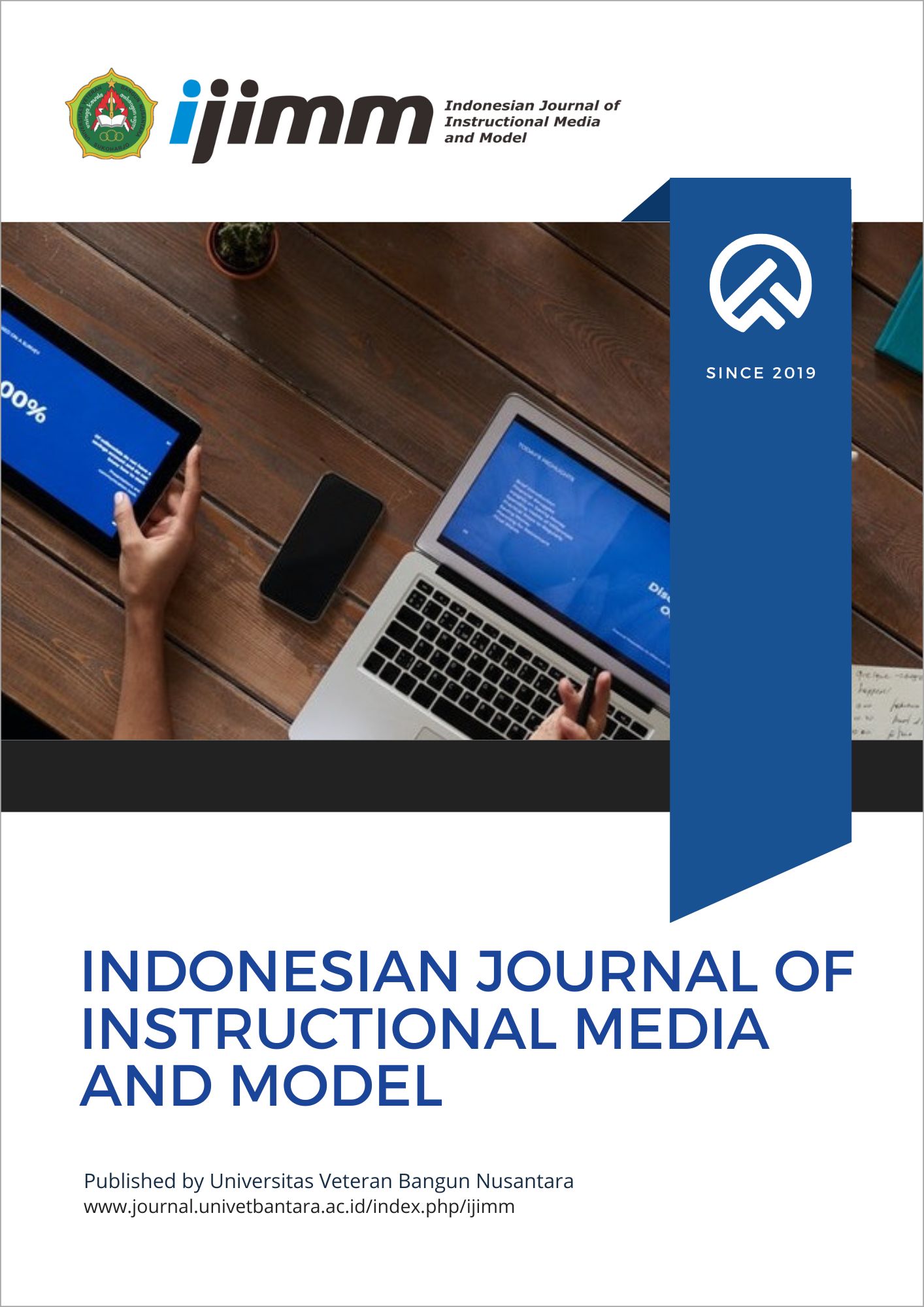Analysis of Wordwall-Based Gamification Design in Science Learning on Force and Motion Material
DOI:
https://doi.org/10.32585/ijimm.v7i1.6503Abstract
In the digital learning era, integrating technology into the classroom is essential to enhance student engagement and improve learning outcomes. One widely used platform is Wordwall, which enables the creation of interactive and gamified learning activities. This study aims to examine the feasibility of a gamification-based learning design using Wordwall for teaching science topics, specifically force and motion. The research employed a descriptive quantitative method, involving 19 students from class VII B as the sample. Data were collected through observation, validity testing, and reliability testing. The validity assessment yielded a score of 67, indicating that the gamification design is feasible for classroom use. Furthermore, the reliability test showed a consistency level of 89.38 percent, demonstrating high reliability of the learning media. These findings suggest that the Wordwall-assisted gamification learning design is both valid and reliable for supporting science education on force and motion. The study contributes to the growing body of research on educational technology by providing empirical evidence of the effectiveness of gamified digital tools in enhancing learning experiences.
Downloads
Downloads
Published
How to Cite
Issue
Section
License
Copyright (c) 2025 Fransiskus Andi Juan, Oktavianus Ama Ki'i, Isabel Coryunitha Panis

This work is licensed under a Creative Commons Attribution-ShareAlike 4.0 International License.
Authors who publish with the Indonesian Journal of Instructional Media and Model agree to the following terms:
- Authors retain copyright and grant the journal the right of first publication with the work simultaneously licensed under a Creative Commons Attribution License (CC BY-SA 4.0) that allows others to share the work with an acknowledgment of the work's authorship and initial publication in this journal.
- Authors are able to enter into separate, additional contractual arrangements for the non-exclusive distribution of the journal's published version of the work (e.g., post it to an institutional repository or publish it in a book), with an acknowledgment of its initial publication in this journal.
- Authors are permitted and encouraged to post their work online (e.g., in institutional repositories or on their website) prior to and during the submission process, as it can lead to productive exchanges, as well as earlier and greater citation of published work.





